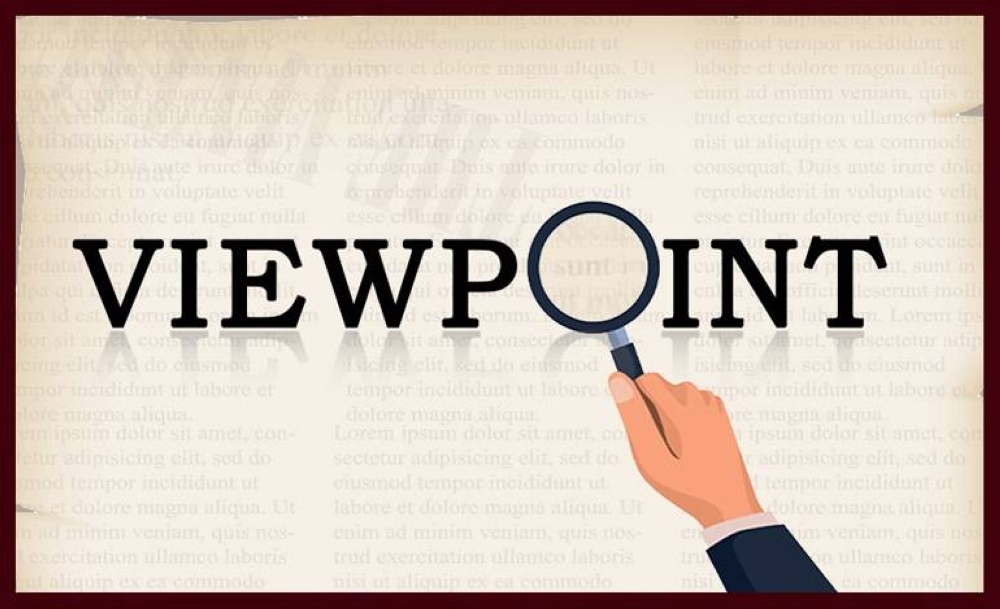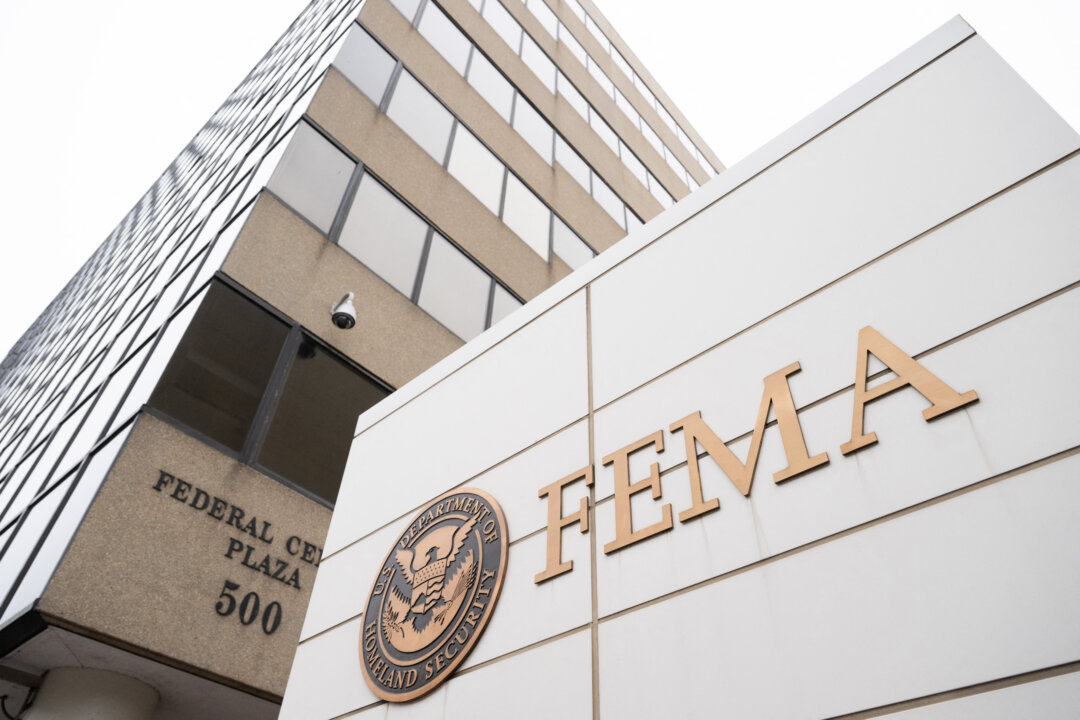When Tokyo’s top trade negotiator met US President Donald Trump for tariff talks at the White House earlier this month, he presented him with a gold-coloured plastic money bank. One detail, seemingly unnoticed by those in the room, is that the gift was made in China, the focal point for Trump’s sweeping trade war that has engulfed Japan and dozens of other countries, roiled financial markets and stoked recession fears. As Trump seeks to leverage his tariff threats to strike scores of bilateral deals in a matter of months, the well-travelled present was an unintended reminder of the complexity of the global supply chains he is seeking to redraw.
Negotiating a speedy deal with Japan, a close US ally that counts rival China as its biggest trading partner, has been billed as a “test case” for Trump’s chances of success. There are already signs, however, that negotiations with Tokyo may prove tortuous, especially as its embattled ruling party worries about signing up to a bad deal ahead of a dicey election. “Trump needs to get some concessions from Japan so that he can show he is a ‘tough president’,” said Daisuke Kawai, an economic security specialist at The University of Tokyo.

“He needs to create a kind of example as soon as possible.” While some analysts expect Japanese Prime Minister Shigeru Ishiba and Trump to announce an agreement when they meet at the G7 summit in Canada in June, others say it will be risky for the Japanese government to cede ground on thornier issues before upper house elections expected in July. Polls show the ruling coalition is poised to lose its majority in that ballot, a result that could force Ishiba’s ouster after he suffered the same fate in elections for the more-powerful lower house last year.
Trump has hit Japan with 24% tariffs on its exports to the US, although, like most of his levies, they have been paused until early July to allow room for negotiations. A 10% universal rate remains in place, as does a 25% duty on cars, a mainstay of Japan’s export-heavy economy. Japan’s trade negotiator Ryosei Akazawa is set to depart for Washington for a second round of negotiations next week.
A spokesperson for the US trade representative declined to comment on negotiations. The White House and Japan’s foreign ministry did not immediately respond to a request for comment. Asked about the gift to Trump — modelled on the otherworldly mascot Japan chose for the World Expo it is hosting in the city of Osaka — Akazawa said yesterday it had no meaning other than to encourage Trump to visit the event.
He declined to comment on the item’s origins, adding only that “Trump loves gold”. The item is listed on the Expo’s website as being ‘Made in China’ and Reuters confirmed this with the producer, Osaka-based Heso Production. While Tokyo is still sizing up what Washington will prioritise in the negotiations, it anticipates demands to lower barriers to US agricultural and automotive imports, a government official close to Ishiba said.
One of Trump’s big gripes, Tokyo’s tariffs on foreign rice, should be relatively easy to adjust as Japan faces a shortage of the staple and has seen prices rocket in recent months. Trump’s seeming unwillingness to offer exceptions for the 25% tariffs he has slapped on global auto imports, which make up nearly a third of all Japan’s exports to the US, its biggest market, has also made Tokyo hesitant to offer concessions in other areas like rice, the officials said. The US and Japan are working to reach an interim agreement, but many of the biggest issues are being put off.
— Reuters Related Story Sudan journos risk all to report the war AI just beginning to revolutionise the NBA game.
Politics

Japan is a test case for Trump’s tariff deals

When Tokyo’s top trade negotiator met US President Donald Trump for tariff talks at the White House earlier this month, he presented him with a gold-coloured plastic money bank.One detail, seemingly u...















